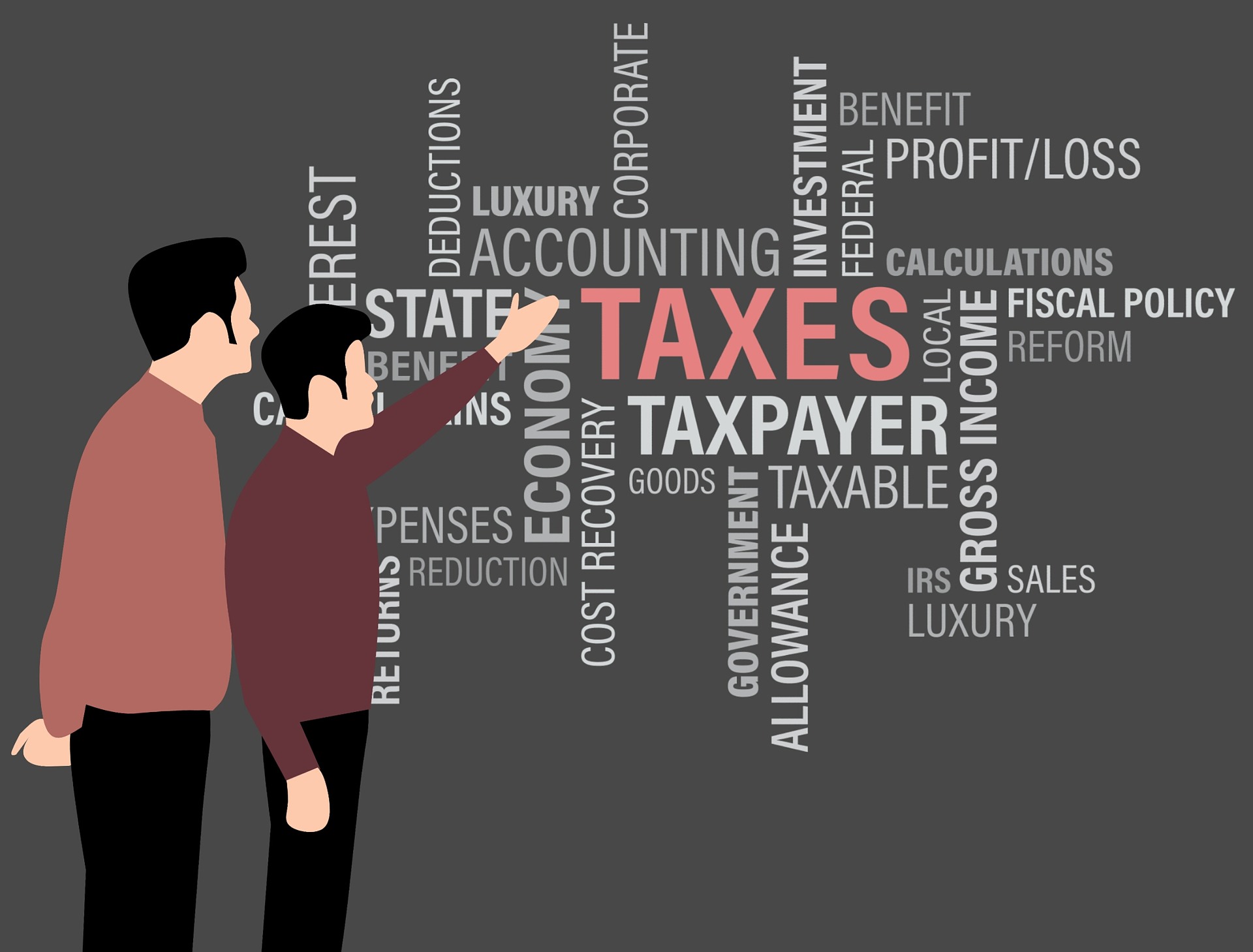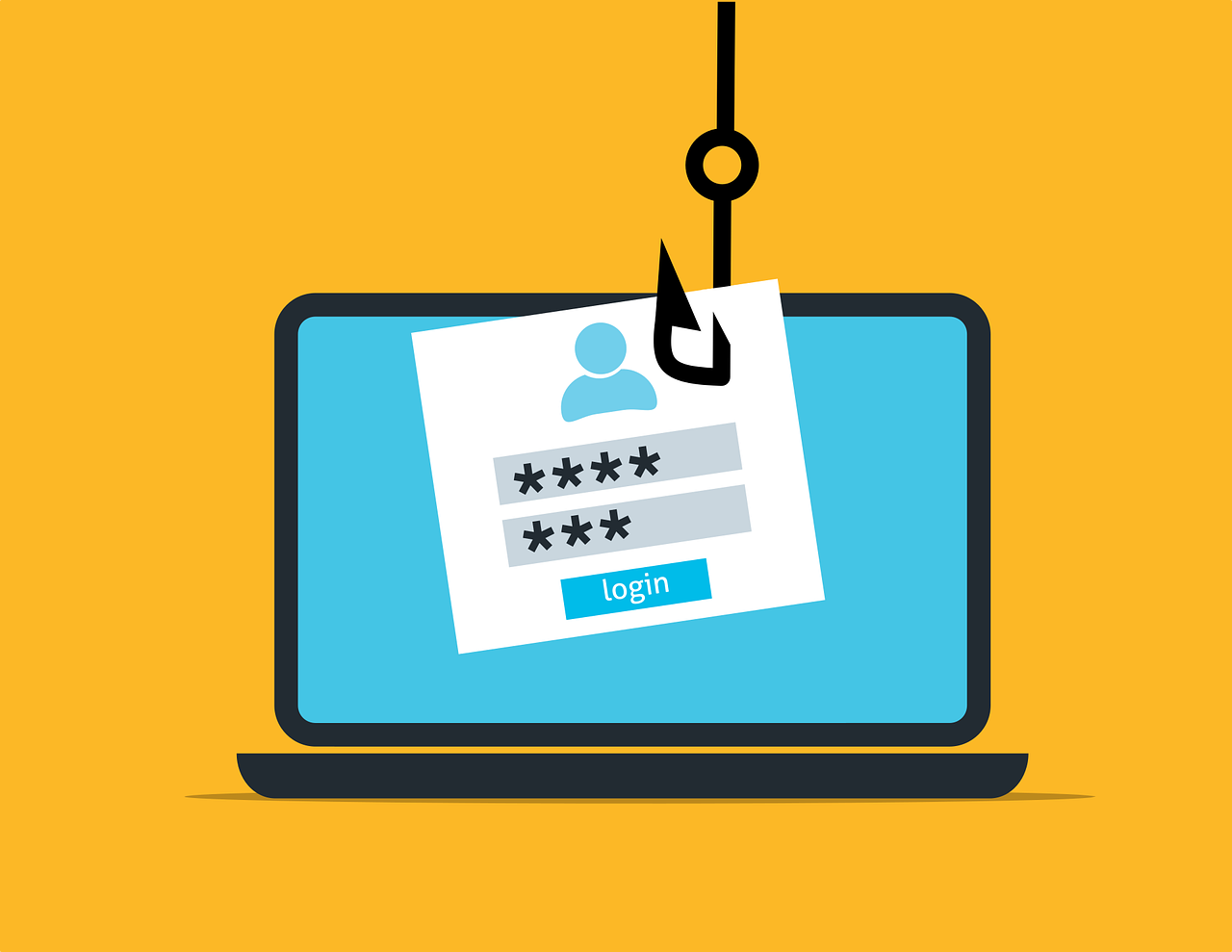Entrepreneurs with business partners, do you have any idea what would happen to your company if one partner were to suddenly become disabled, retire or pass away? Would that partner’s shares of the business revert to his or her estate, meaning you suddenly have a partner (such as that partner’s spouse) who may not understand or even want to be a part of the business? If disabled, can your company support the partner that is not helping to bring in profit?
To protect their businesses against these perils, savvy entrepreneurs use a buy-sell agreement.
A buy-sell agreement is a very complicated document that should not be entered into lightly. While you can find buy-sell agreement forms online, it is best – and highly recommended – that you seek the advice of a lawyer and accountant (or 3rd party business evaluator) to ensure that each component of the agreement is properly structured and the business is properly valuated. Failure to do so can result in a very messy legal battle when the agreement comes into force.
Some of the most important aspects of this agreement are:
- The trigger event: this is what sets the agreement in motion. It can be partner’s death, disability or retirement.
- The waiting period: this is the time before the agreement is set in motion. In the case of disability, it should be significant. If a partner becomes disabled and the agreement is set to trigger within three months of disability, that partner could find him or herself bought out before he or she has a chance to recover. Not all disabilities are permanent and properly structured companies will have business overhead expense insurance or cash reserves to tie them over a rough patch, such as an owner that cannot work for a few months. Consider a year to two years as the waiting period.
- Valuation: What is the company worth? If you choose a fixed price at the time of the agreement, your company could grow, thus cheating the bought out partner out of substantial wealth. It is better to use a formula to determine the value of the company at the time of the trigger. It is vital to have an accountant or neutral, professional evaluator to determine the value of the company or the formula that will be used upon the trigger event.
- Financing: How will the other partner(s) pay for shares they are buying? Will each partner use their own private funds? Does the company have enough profit margin or cash reserves to handle the sale? Did you know there is an insurance product available to finance the buyout? Insurance is a good option since suddenly having to purchase shares can create a huge personal or corporate financial burden.
The last thing any entrepreneur wants is to see their company fall into the wrong hands, or for their partners to suffer in the event of disability, death or retirement. While it takes time, money and the procurement of legal, financial and often insurance services to craft a proper, binding, airtight buy-sell agreement, having one in place can save you years of financial hardship and stress.










